Another engineer from the golden age of Schumacher and his Ferrari. Historic race engine manager. An engine scholar, an engine lover. He marked the era of noise, of the wonderful sound of naturally aspirated engines. A pen and paper alchemist, with his calculations.
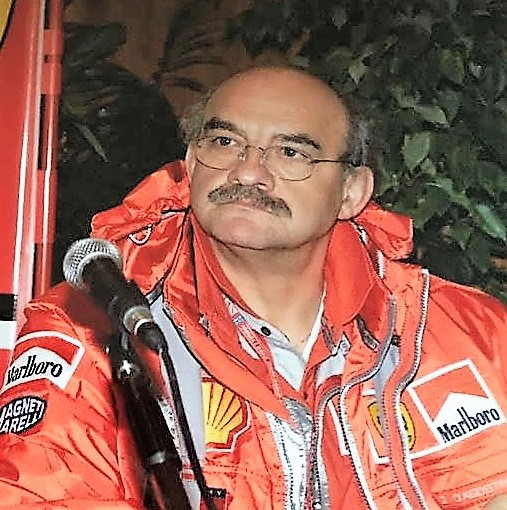
Tarantino (from Taranto, Italy) DOC, Giuseppe "Pino" D'Agostino, after winning everything and more, 180 days a year around the world, returned to Fiat. His place was taken by Mattia Binotto, today team principal.
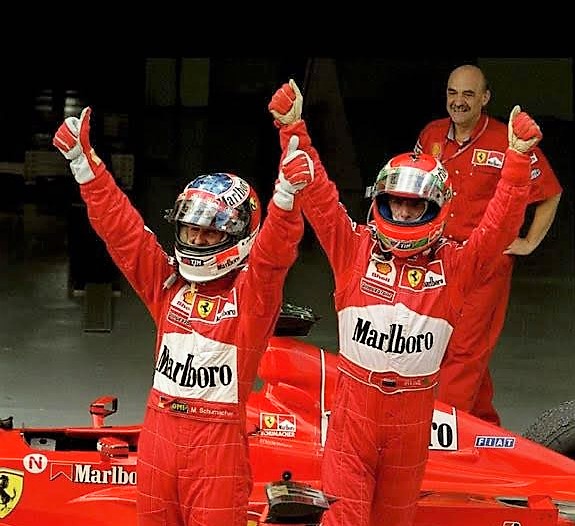
Michael Schumacher had quoted on Twitter D'Agostino, who had said about the German: “nobody ever says that but Michael has never discharged responsibility for errors to his team, GP SPA 2000 is an example.”
And Pino confirmed the episode, providing the unpublished details: "when at Spa Michael was overtaken by Hakkinen everyone spoke of a defaillance of Michael, however nobody knows that on that car we as a team had made the wrong aerodynamic setup. Michael always covered it up, he never said why it happened."
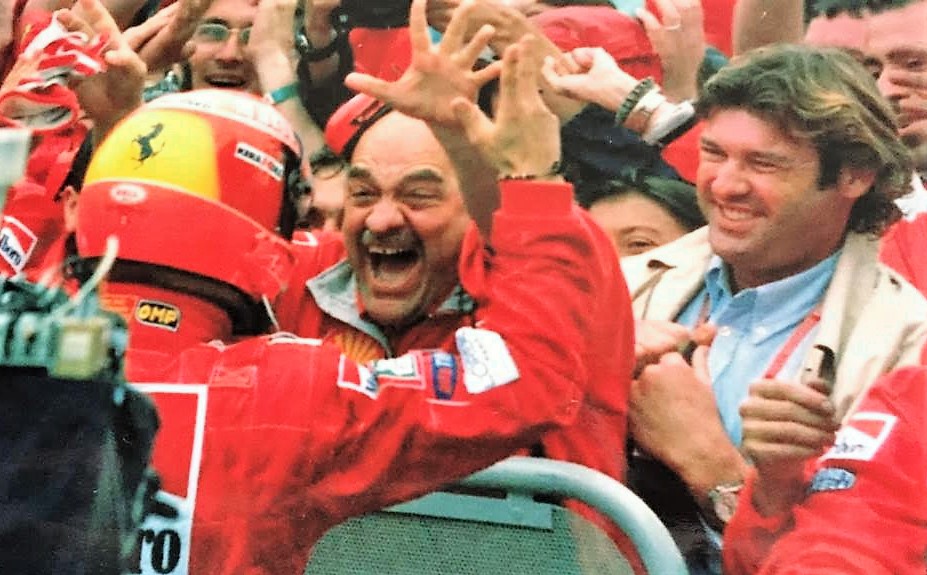
And, on the great Schumi, D'Agostino added impressions and anecdotes:
“I have worked with 15 drivers, all champions, one an ace, Michael Schumacher. The ace is a completely different story. Michael left an indelible mark on my career. Contrary to what was heard outside, at work he was very serious, punctual but very friendly, very faithful, he made sure there was a family here. And it was very important to us. When he established the feeling with the team he never doubted it. When it came to engines: Pino. What Pino said for him was the engine, end of story. Michael was not German at all, in some respects he was also very southern, very passionate. He was present in all the events, not only ours, of our work group, but also of the mechanics, both festive and painful. Michael was a team man, a family man. With the press he was very rigid, very German. I remember once we were in Fiorano to do laps and, the night before, we had gone to a pizzeria, we were chatting and laughing at a joke. He got out of the car because he stopped driving as we had to do some work, he was 50 meters away from us, as he saw us laughing he laughed too. Until he arrived and we told him about the episode and we laughed together and decided to go to the same pizzeria the next evening to eat pizza because he wanted to live the moment with us. This is an example of how he was integrated into the team, the team was a family. He was of a humanity... that I experienced."
“The car of 2000, which returned the title to Ferrari after 21 years, is clearly unforgettable. Michael was very excited, like all of us."
"At Spa Michael, after taking the Eau Rouge turn flat out at 300 kilometers an hour, calls Ross Brown with the radio and says: "you saw, Coulthard has passed Fisichella" and Brown replies: "Michael, think about driving, don’t watch television..." The German had had the time, while so busy driving, to see on the circuit television screen the overtaking between two drivers taking place in another part of the track...
On Schumacher we also report the opinion of the excellent journalist Pino Allievi: "Schumacher characterized an era. He left a modern Formula 1 marked by a professionalism that was unknown. Schumacher has brought a professionalism exasperated in all senses, for better or for worse. With this obsession with lap time, he didn’t do a Grand Prix, he did many qualifying laps. He could have left a little more from the human point of view but it was his limitation."
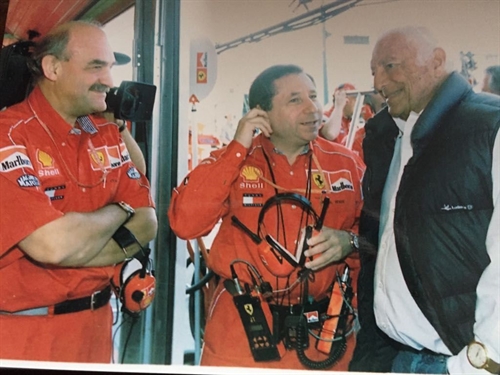
In addition to the German driver, in one of the video interviews that Davide Cironi made with him, D'Agostino gives us pearls of wisdom on the beloved engines.
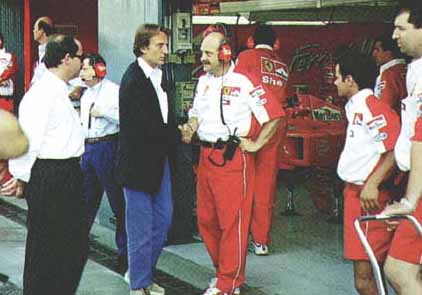
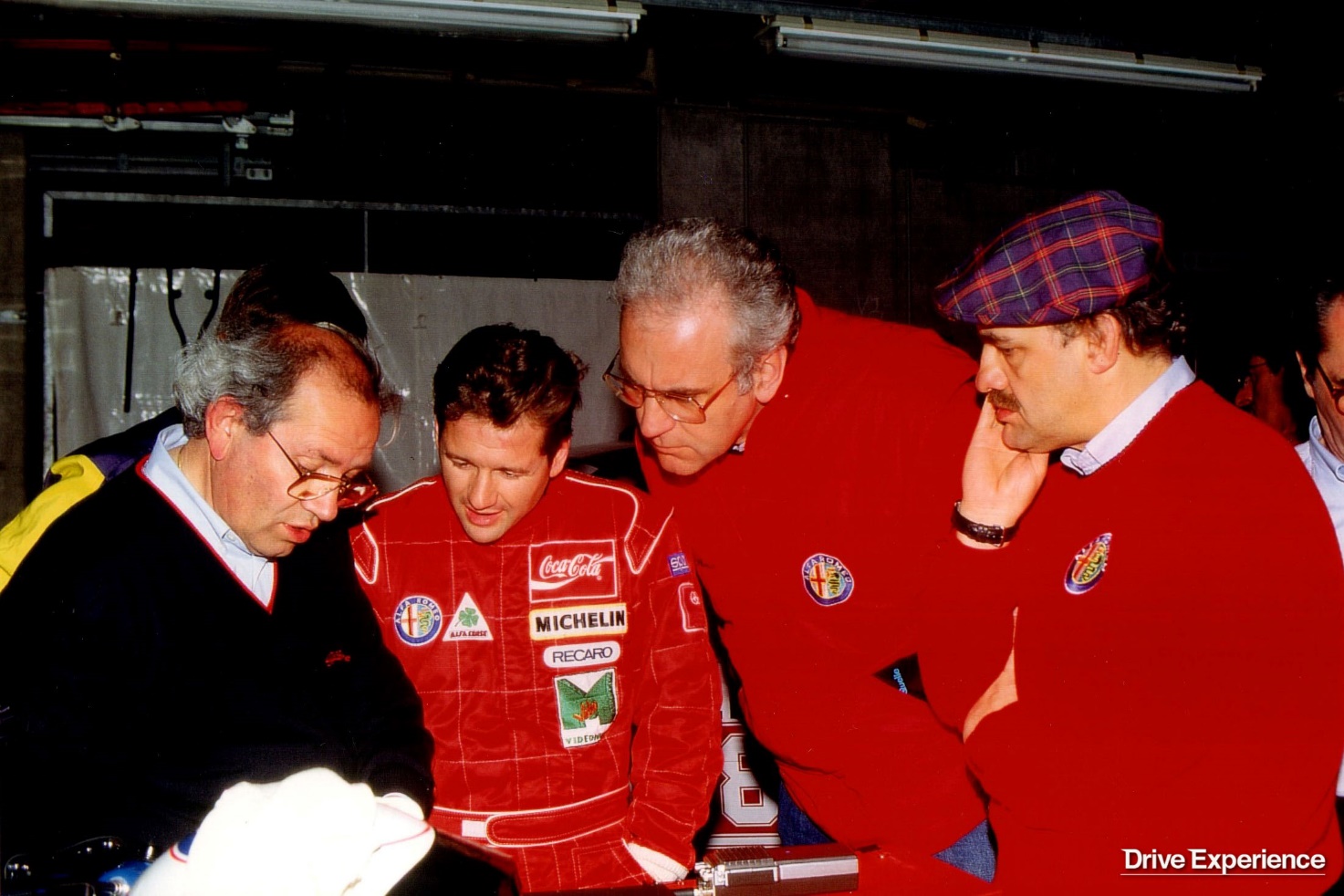
The man of Taranto explains us the differences between different eras with a technical, scientific, passionate but cold and efficient language: “for the future, on a technical level, the engine that is ahead of all is not an engine but what they call power units in Formula 1. I started working on engines in 1975 and the efficiency of an engine was 0.22. Let’s say one hundred is the energy that the gasoline that we put inside develops, only 22 percent of it ends up to the wheels, the other part is lost. In 2010, the last year they used the naturally aspirated engine, the latest naturally aspirated F1 engines had an efficiency of 0.28 - 0.29. The engine that is used today in Formula 1, the power unit, has an efficiency of 0.52, almost doubled compared to the naturally aspirated. It means to say indicatively that, if a production engine were designed with these concepts on a production car, on the road between Milan and Taranto a car, instead of consuming 100 liters of petrol, consumes 50 of them. For me this, as a technician, is the top. It is also true that the engines would however be more expensive and the cost of the cars would become exorbitant.”
“There are passion and enthusiasm, it’s true, but they lead to making mistakes. The technician must always be a technician. It is clear that noise fascinates. We talk about the 10 (cylinders) but if we talk about the 12 even more. And we don't talk about the 16, it's all a symphony. But this is passion, technique is not just noise, technique is much more. The turbo engine has evolved today and the electric motor compensates for the delay in the response that there was in the past, supplying energy acquired when the turbo runs at maximum speed. There is no future without a past. Zero melancholy, we must always look forward. I wish today’s young people good luck and, if there’s a chance, following the way of races, which is a fantastic way.”
“The engine that more is remained in my heart is the first 10-cylinder in history, the 3.5-liter and 620 horsepower naturally aspirated Formula 1 engine made by Alfa racing in 1986.”
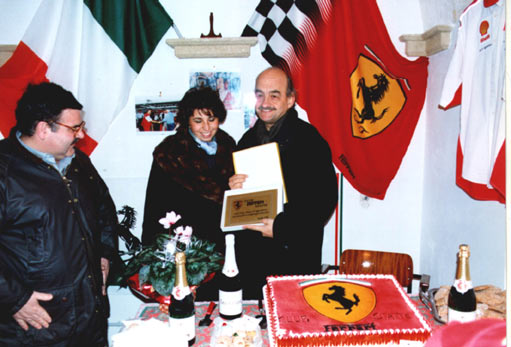
We let Davide Cironi draw the conclusion, which we share, about the Italian engine engineer's claims:
"Technique is not just noise" is a phrase that Engineer D'Agostino pronounces in this video, someone will get hurt. Technique and melancholy don’t always go hand in hand. Few of the greats of the past are not projected into the future, this is precisely what made them great at that time. If in turn they had had excessive melancholy of the past, they would probably never have invented and built the cars that today know how to provoke an atrocious sense of melancholy. If who tells you this is who designed the 90° V6 engine of the 155 DTM / ITC and the first V10 in the history of F1, who took care of Schumacher's engines bringing him to the title for five years in a row, you can reflect long enough.”
“This doesn’t mean that objectively the charisma of the naturally aspirated engines was an integral part of the involvement that racing gave some time ago. It is now slightly more difficult to fully enjoy the F1 races if these are not told us by anyone other than the commentator and the director of the Grand Prix broadcaster.”
“I know it is difficult to be able to think like certain legendary men, but from their words we can learn lessons and try to enjoy our time without living on melancholy alone. It might help you to do as I do, trying to imagine future generations, those of 2050 without going too far in time, and thinking of how they will envy us for having lived in an era where there was still so much noise, so much analogue driving, vintage cars at ridiculous prices, automotive events every weekend where you can still appreciate those scents and sounds. Feel lucky, think of them who will envy us to death as we envy the past generations today.”
Videos
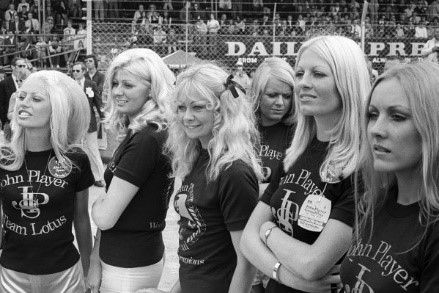
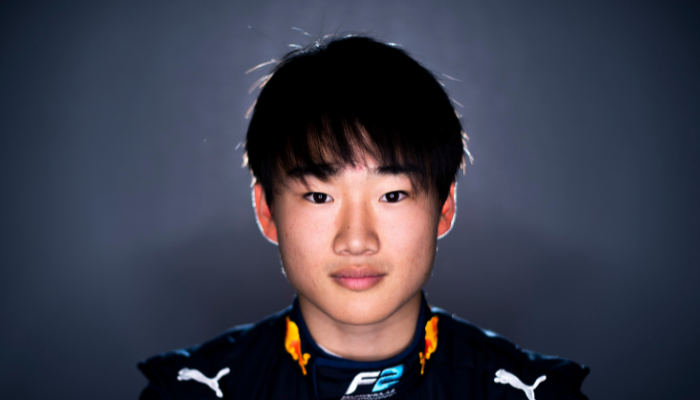

Comments
Authorize to comment